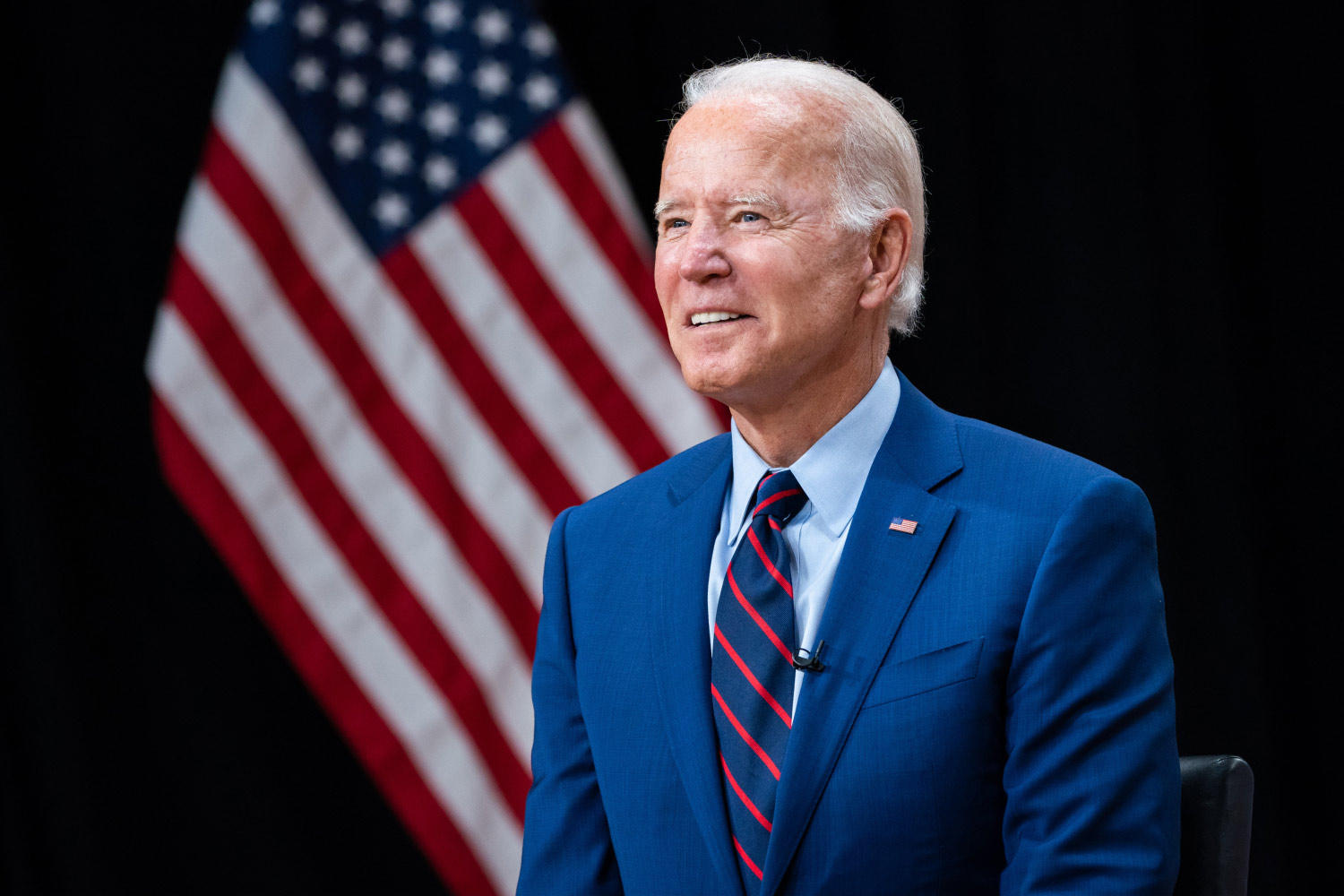[ad_1]

By: Phillip W. Dunn, Founder of Black Business Focus Group
Hey BBFG Fam and champions of Black business excellence!
As we continue our journey through Black History Month with the Black Business Focus Group, we arrive at a pivotal moment to reflect on the indispensable role of Black-owned businesses during the Civil Rights Movement. Today, we honor the legacies of visionaries such as Ben’s Chili Bowl in Washington D.C., Leah Chase of Dooky Chase’s Restaurant in New Orleans, Louisiana, Gus Courts and Amzie Moore of Mississippi, and A. G. Gaston of Birmingham, Alabama—trailblazers whose entrepreneurial spirit fueled the fight for equality and justice.
Ben’s Chili Bowl: Nestled in the heart of Washington D.C., Ben’s Chili Bowl stands as a beacon of resilience and community solidarity. Founded by Ben and Virginia Ali in 1958, this iconic eatery became a sanctuary for activists and leaders of the Civil Rights Movement, offering nourishment for both the body and the soul. Despite facing adversity and upheaval, Ben’s Chili Bowl remained steadfast in its commitment to serving all who walked through its doors, embodying the spirit of unity and defiance in the face of oppression.
Leah Chase of Dooky Chase’s Restaurant: In the vibrant city of New Orleans, Leah Chase emerged as a culinary luminary and a steadfast advocate for social change. As the proprietor of Dooky Chase’s Restaurant, Chase provided a safe haven for Civil Rights leaders and activists, offering them a place to strategize, organize, and rejuvenate their spirits. Through her unwavering dedication to preserving African American culinary traditions and fostering dialogue across racial divides, Chase catalyzed change both inside and outside the kitchen, leaving an indelible mark on the fabric of American history.
Gus Courts and Amzie Moore: In the heart of Mississippi Delta, Gus Courts and Amzie Moore exemplified the power of grassroots activism and economic empowerment. As owners of a local grocery store and gas station, Courts and Moore not only provided essential goods and services to their community but also served as catalysts for social change. By leveraging their business acumen and resources, they supported voter registration efforts, organized boycotts, and advocated for desegregation, laying the groundwork for a more just and equitable society.
A. G. Gaston: In the bustling city of Birmingham, Alabama, A. G. Gaston emerged as a towering figure in the realm of Black entrepreneurship and civil rights activism. From humble beginnings as a janitor, Gaston ascended to become the owner of a thriving business empire encompassing insurance, banking, and hospitality. Through his leadership and philanthropy, Gaston empowered generations of African Americans to pursue economic self-sufficiency and social justice, leaving an enduring legacy of empowerment and progress.
As we reflect on the pivotal role of Black-owned businesses during the Civil Rights Movement, let us draw inspiration from these visionary trailblazers. Their courage, resilience, and unwavering commitment to justice serve as a testament to the transformative power of entrepreneurship and community solidarity.
Together, let us continue to honor their legacies and advance their vision of a more equitable and inclusive society. By supporting and uplifting Black-owned businesses, we can ensure that their contributions continue to shape our collective future for generations to come.
To learn more about the enduring legacy of Black entrepreneurship and to join us in celebrating Black History Month, visit Black Business Focus Group today.
Remember, your support makes a difference.
Don’t forget to log your transactions with Black-owned businesses at The BBFG using the following link: Log Your BOB Transactions.
Stay tuned for more inspiring stories and insightful discussions as we continue our journey of celebration and empowerment.
With gratitude and determination – It’s our time!
Founder, Black Business Focus Group
[ad_2]









